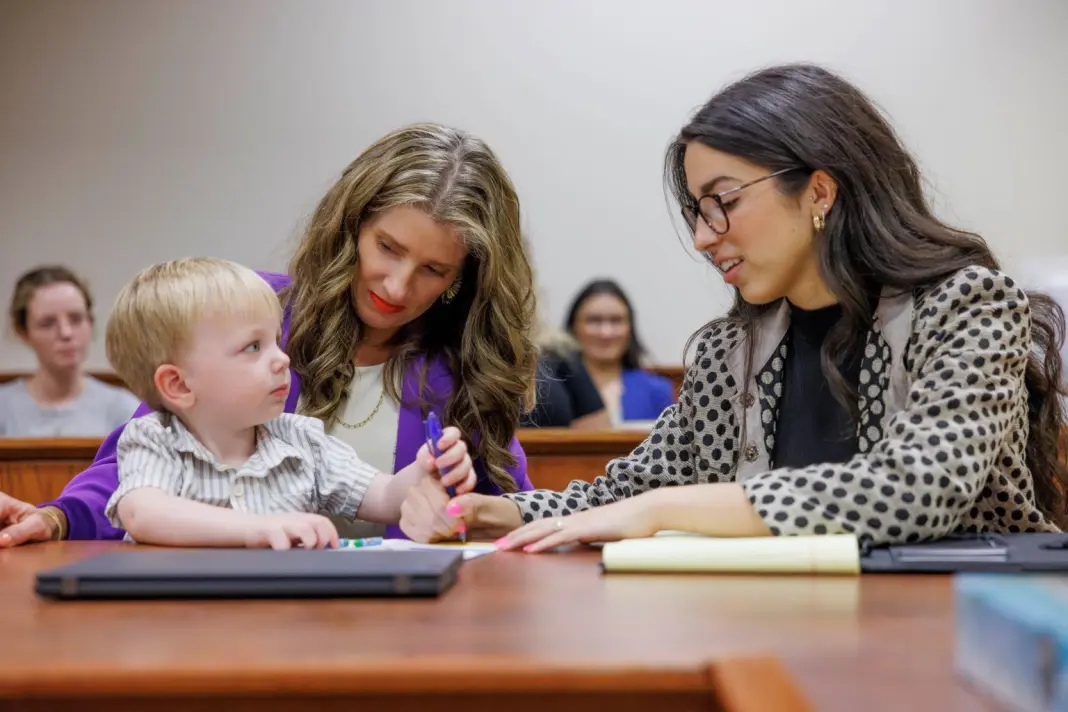University of Nebraska College of Law has launched the Nebraska Children’s Justice and Legal Advocacy Center, providing legal support for children and families while addressing the shortage of attorneys in rural communities across the state.
The center builds on two existing programs: the Children’s Justice Clinic and the Children’s Justice Attorney Education Fellowship. Its goal is to strengthen juvenile court advocacy by equipping attorneys with the tools and training needed to deliver high-quality, trauma-informed representation.
The center’s comprehensive three-part model includes intensive legal training, multidisciplinary expert consultation and reflective practice — a nationally recognized best practice in child advocacy. Through this model, law students and attorneys will receive in-depth instruction in federal and state child welfare law, along with training on trauma, child development, substance abuse, domestic violence and mental health.
Participants will collaborate with practicing attorneys, mental health professionals, court system staff and individuals with lived experience to address complex legal cases and integrate social and psychological perspectives through expert case consultation.
In addition to hands-on training, the center will expand statewide data collection, creating a public dashboard that tracks the availability and quality of juvenile representation. It will also develop a formal rural attorney training model that can be adapted in other states facing similar challenges.
Richard Moberly, dean of Nebraska Law, said the center, which is currently in full operation, will serve as a model for other states faced with the challenge of access to justice in rural areas.
Nebraska faces a stark reality that mirrors challenges across rural America. Of the state’s more than 5,500 attorneys with active licenses, only 7% practice in rural areas. There are currently 12 Nebraska counties with no attorneys, and many rural counties lack advocates with experience in child welfare.

